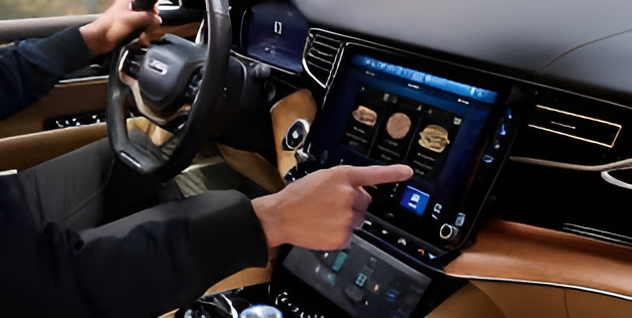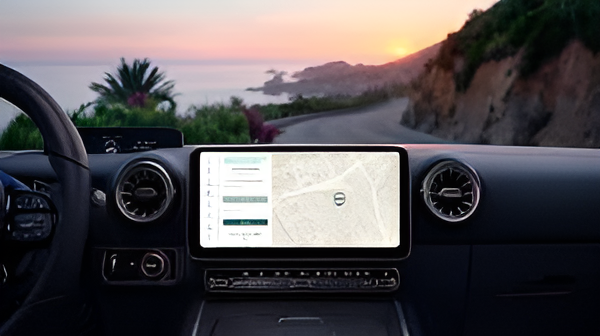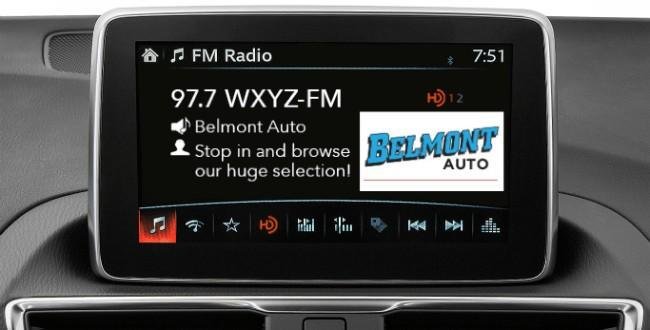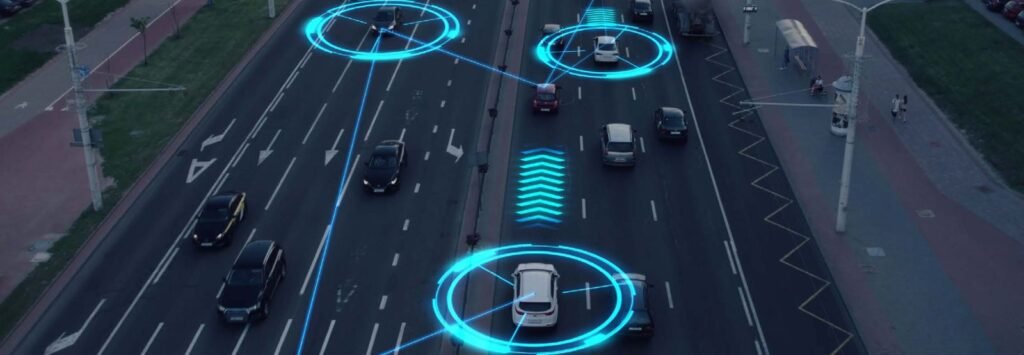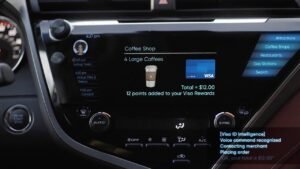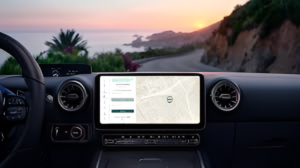A comprehensive new survey reveals that personal vehicle ownership remains firmly entrenched in consumer preferences, with 92% of respondents considering it important, while nearly half view their vehicles as essential “third spaces” beyond home and work. The findings, released in Tata Communications and Automotive IQ’s 2024 industry report, challenge earlier predictions about the decline of private vehicle ownership.
The study, surveying 165 automotive industry professionals, found that 67% are willing to invest additional resources to improve over-the-air (OTA) update capabilities, highlighting the industry’s commitment to advancing connected vehicle technology. However, only 14% currently report high success rates for OTA implementations, indicating significant room for improvement.
“Reports of the demise of the personal vehicle have been greatly exaggerated,” notes the report, contrasting current trends with previous industry predictions that suggested private car ownership would “all but end” by 2025.
Artificial Intelligence emerges as the leading transformative force, with 54% of respondents identifying it as having the most significant impact on connected vehicles’ future. This is closely followed by Advanced Driver Assistance Systems (ADAS) at 52% and 5G connectivity at 50%.
The research identifies three major hurdles facing the industry: complex regulatory requirements, difficulties in managing multiple technology partners, and evolving cybersecurity threats. Approximately 45% of respondents cited regulations and compliance as their primary challenge.
“The automotive sector is at a crucial juncture,” says Tom Heslington, Head of Vehicle Connectivity at JLR, who revealed the company’s £18bn five-year investment strategy in the report. “Ensuring seamless connectivity requires focused effort on overcoming integration challenges.”
The study also highlights a shift in how automotive manufacturers view their role, with 47% believing that collaboration with tech companies is essential for driving innovation. However, 23% maintain that traditional automakers can still dominate through their own innovation efforts.
Cost management remains a critical consideration, with 48% of companies planning to share connectivity costs between themselves and customers. About 25% intend to absorb all costs, while 15% plan to pass them entirely to consumers.
Looking ahead, the report identifies key opportunities in the connected vehicle ecosystem over the next 2-5 years:
- 30% highlight partnerships with tech companies as the most promising path
- 29% emphasize new mobility services development
- 25% focus on vehicle data monetization
The survey reveals that current connected vehicle adoption varies significantly, with nearly half of respondents indicating that only 21-40% of their vehicles are equipped with connected capabilities. This suggests substantial growth potential in the market.
Marco Bijvelds, VP and Global Head of MOVE & Mobility Business at Tata Communications, emphasizes that “today’s consumers see their connected vehicles as an extension of their digital lives,” highlighting the growing importance of seamless integration between vehicles and the broader digital ecosystem.
The report concludes that while connected vehicle technology presents significant opportunities, success will require careful navigation of technical challenges, strategic partnerships, and evolving consumer expectations. The industry’s future hinges on balancing innovation with practical implementation while maintaining focus on customer value and experience.




